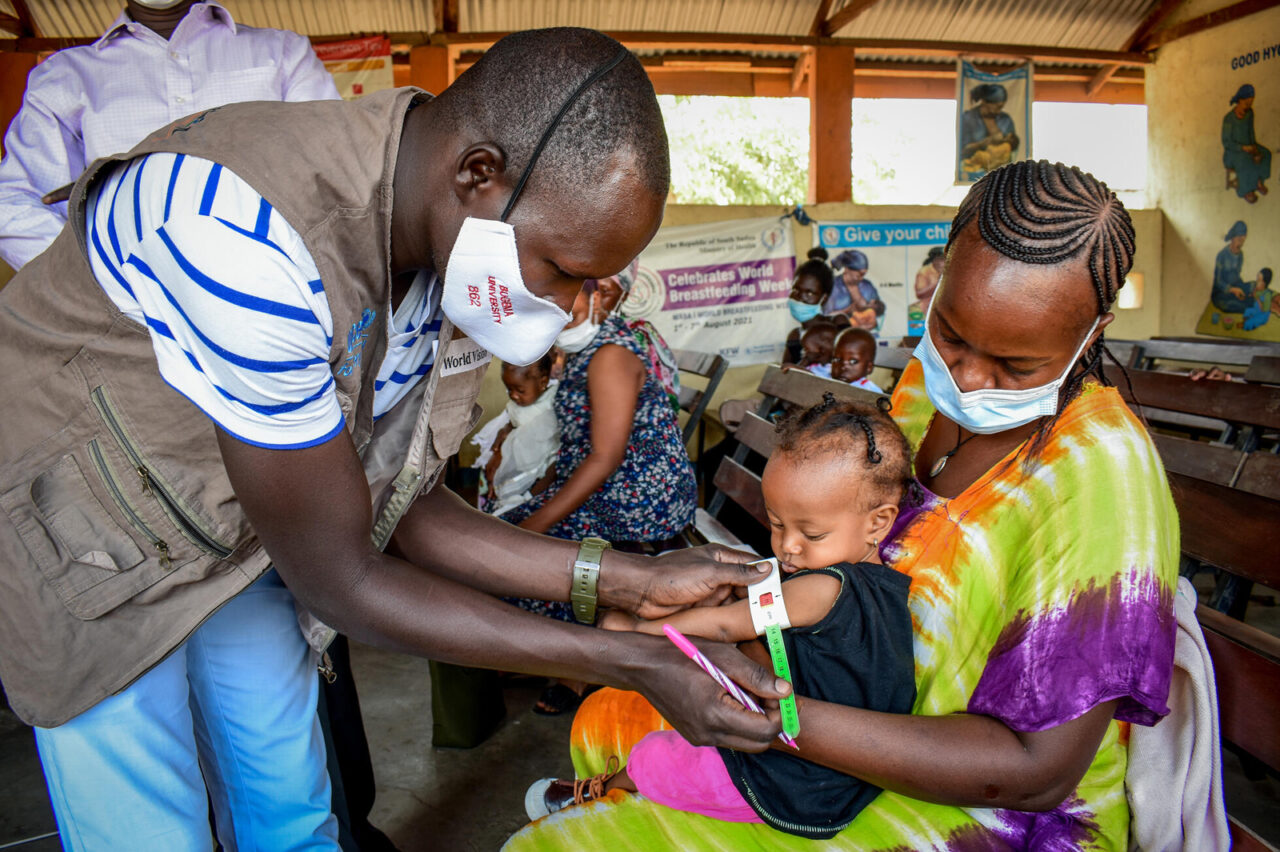NAIROBI (March 31,2022) —Millions of hungry children in Eastern Africa will face long-term health consequences or die if they don’t urgently get the food aid they need, warns global humanitarian agency, World Vision.
A combination of conflict, COVID-19 and the climate crisis has pushed almost 8 million people, including vulnerable children, across seven countries in Eastern Africa into an acute hunger crisis that is only being made worse by wheat shortages and price spikes caused by the conflict in Ukraine.
In the one year since World Vision launched its multi-country hunger response, the situation has deteriorated. Early warning alerts to the looming dangers have not been sufficiently heeded and now close to 28 million people across the region need humanitarian assistance due to varying levels of food insecurity.
More than half a million people are living under catastrophic famine-like conditions, marked in the humanitarian sector by critical acute malnutrition, starvation, destitution and death. Some 7.4 million people are just one step away from that. Of critical concern are the 5.5 million children experiencing high levels of malnutrition.
Conflict remains the biggest driver of hunger in the world. Every country in Eastern Africa is either in conflict or a neighbor to one. The region is also experiencing its worst drought in forty years. Increasingly regular droughts and flash floods have undermined families’ ability to cope with the death of crops and livestock.
Conflict in the region; the economic impact of COVID-19; locust invasions that destroyed crop, and the continued aftershocks of the Russia-Ukraine conflict on wheat availability and food prices are driving hunger to unprecedented levels. Wheat prices are up to their highest level since 2008. All of these factors acutely impact children’s access to nutritious food and put their lives at risk.
As poverty and vulnerability increase, children are at much greater risk from harm and abuse. Young children who do not get adequate nutrition are at risk from developmental harm. Children who are hungry cannot study effectively and are pulled from school to work. They sometimes face gender-based violence or are abused sexually for cash or food, or forced into early marriage.
World Vision is calling for an increase in funding for life-saving health, nutrition, water and sanitation and social protection interventions.
“In the face of unprecedented global demands for humanitarian funding, crises in Eastern Africa are receiving limited international attention. Somalia has only received 4% of the $1.5bn it needs. Time is running out and if we do not act millions of children will be harmed and hundreds of thousands could die,” said Lilian Dodzo, regional leader for World Vision in Eastern Africa. “We appeal to national and international donors to step up funding. We know we can save lives and work to address the impacts of climate change.”
World Vision’s Eastern Africa Hunger Emergency Response comprises Ethiopia, Kenya, Somalia, South Sudan, Sudan, Tanzania and Uganda. World Vision aims to reach approximately 7.1 million people, including 3.4 million children, and needs an additional US$77 million to extend its response.
The region is not alone in its hunger crisis warning. Globally, more than 45 million people at risk of starvation or vulnerable to famine or famine-like conditions.
